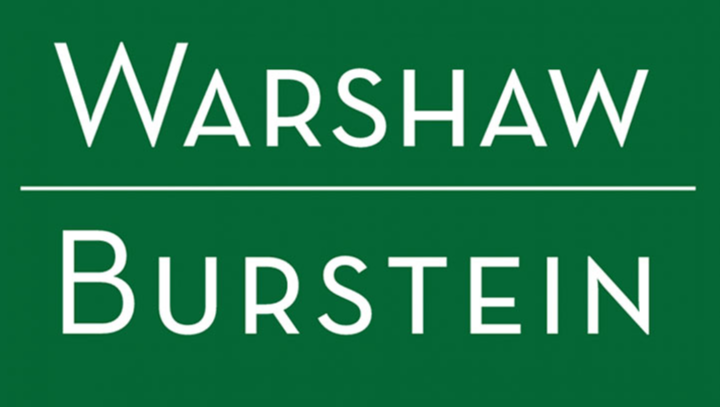The Securities and Exchange Commission (SEC)’s Office of Compliance Inspection and Examinations (OCIE) announced its 2018 National Exam Program (NEP) Examination Priorities (available here). The NEP fosters compliance and helps fulfill the SEC’s mission of protecting investors, maintaining fair, orderly and efficient markets, and facilitating capital formation. OCIE’s examination program stands on “four pillars:” promoting compliance, preventing fraud, identifying and monitoring risk, and informing policy. OCIE’s examination priorities for 2018 are organized around five themes:
- Retail investors, including seniors and those saving for retirement
- Compliance and risks in critical market infrastructure
- Financial Industry Regulatory Authority (FINRA) and Municipal Securities Rulemaking Board (MSRB)
- Cybersecurity
- Anti-money laundering (AML) programs
OCIE’S 2018 EXAMINATION PRIORITIES
Retail Investors, Including Seniors and Those Saving for RetirementOCIE will continue to prioritize protecting retail investors, particularly on those saving for retirement, and will pursue examinations of firms that provide products and services directly to those investors. OCIE also will focus on higher risk products and on recent technological changes in how investment advice is delivered.
Examinations will focus on the following areas: (a) disclosure and calculation of fees, expenses, other charges paid by investors, and any conflicts of interest that might provide incentives to financial professionals to recommend higher cost or riskier products; (b) automated or digital platforms, including “robo-advisors” and their compliance programs and computer program algorithms; (c) wrap fee programs; (d) never-before-examined investment advisers (examinations to be based on OCIE’s risk-based assessments); (e) interactions by investment advisers and broker-dealers with senior investors; (f) mutual funds and exchange traded funds (ETFs), in particular (i) mutual funds that have performed poorly, are managed by inexperienced advisers, or hold hard to value securities, (ii) ETFs that have little secondary market trading volume, and (iii) funds and ETFs that track custom-built indices; (g) municipal advisers, particularly those that are not registered as broker-dealers, to evaluate their compliance with registration, recordkeeping, supervision requirements, professional qualification requirements, and compliance with MSRB and SEC rules; (h) best execution policies and procedures for fixed income order execution, including both municipal bond and corporate bond transactions; and (i) sale of crypto currency and initial coin offerings, focusing on whether financial professionals maintain adequate controls to protect these assets from theft or misappropriation, and provide investors with adequate disclosure about the risks associated with investments in this rapidly growing area.
Compliance and Risks in Critical Market Infrastructure
OCIE will continue to examine clearing agencies, national securities exchanges, transfer agents, and regulation systems compliance and integrity (SCI) entities, all of which provide services critical to the proper functioning of capital markets.
FINRA and MSRB
OCIE will focus on FINRA’s operation and regulation programs and the quality of FINRA’s examination of broker-dealers and municipal advisers. OCIE also will examine MSRB to evaluate the effectiveness of select operational and internal policies, procedures and controls.
Cybersecurity
The scope and severity of risks of cyberattacks have increased dramatically. OCIE continues to prioritize cybersecurity in each of its examination programs. The emphasis is on governance and risk such assessment, access rights and controls, data loss prevention, vendor management, training, and incident response.
AML Programs
OCIE will examine whether the financial entities are adopting the appropriate AML programs to address and be in compliance with their regulatory requirements, and whether those entities are conducting independent tests of their AML programs.
Conclusion
OCIE has emphasized that these priorities are not exhaustive. OCIE expects to examine risks, issues and policy matters that arise from market and regulatory developments and from new information learned from examinations.
If you receive notice of an OCIE examination or if you have any questions concerning the NEP examinations priorities, please call Meryl Wiener, any of the undersigned or your regular Warshaw Burstein attorney.
| Frederick R. Cummings, Jr. | [email protected] | 212-984-7807 |
| Lori Anne Czepiel | [email protected] | 212-984-7793 |
| Thomas Filardo | [email protected] | 212-984-7806 |
| Marshall N. Lester | [email protected] | 212-984-7849 |
Marilyn S. Okoshi | [email protected] | 212-984-7874 |
| Murray D. Schwartz | [email protected] | 212-984-7701 |
| Stephen W. Semian | [email protected] | 212-984-7764 |
| Kyle A. Taylor | [email protected] | 212-984-7797 |
| Meryl E. Wiener | [email protected] | 212-984-7731 |





